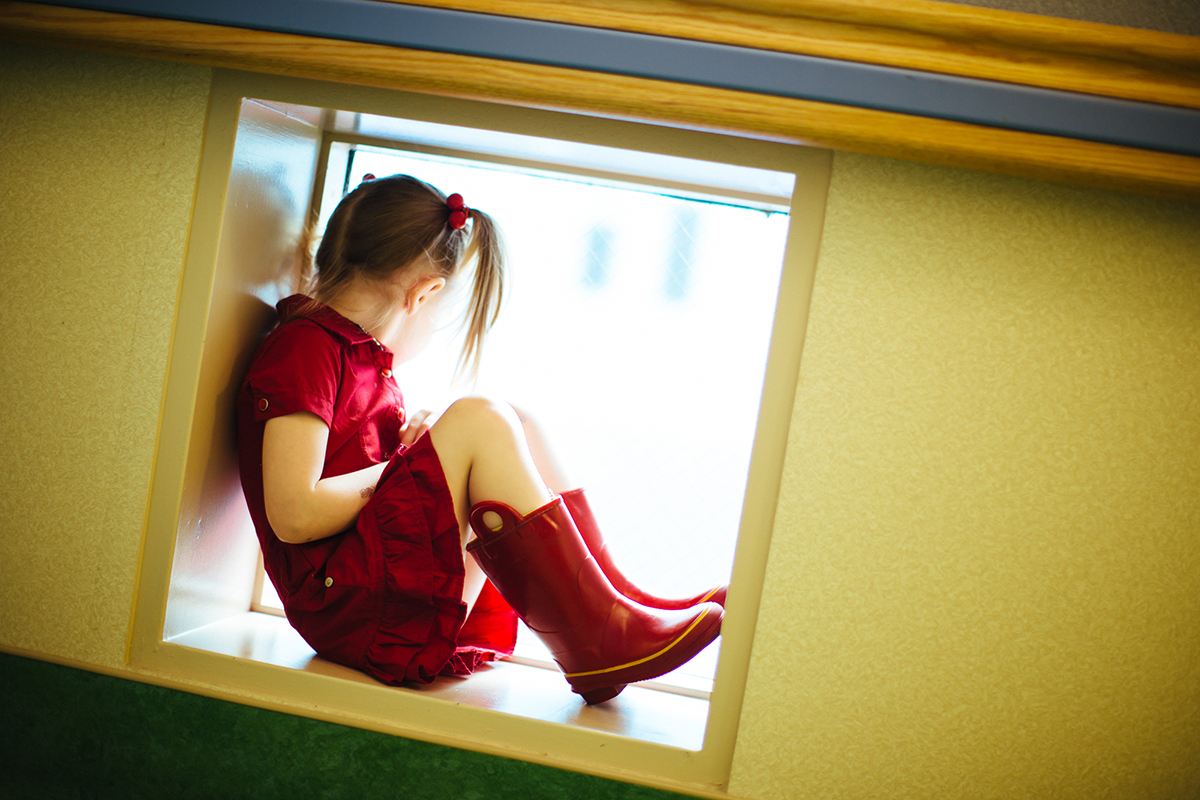Condition
Pediatric Urinary Incontinence or Enuresis (Bedwetting)
What You Need to Know
Urinary incontinence (enuresis) is the loss of bladder control. In children under age 3, it’s normal to not have full bladder control. As children get older, they become more able to control their bladder.
Key Symptoms
The symptoms of enuresis can be different for each child. The most common symptom is:
- A child age 5 or over wets their bed or their clothes 2 times a week or more, for at least 3 months
Diagnosis
Enuresis is typically diagnosed by:
- Physical examination
- Talking to your child's healthcare provider
Treatment
Treatment typically includes:
- Changes in fluid intake
- Bladder training
- Medication
Schedule an Appointment
Our pediatric specialists provide personalized care for your child’s physical, mental and emotional health needs. Meet our providers and schedule an appointment today.
Frequently Asked Questions
What is enuresis in children?
What causes enuresis in a child?
Which children are at risk for enuresis?
What are the symptoms of enuresis in a child?
How is enuresis diagnosed in a child?
How is enuresis treated in a child?
What are possible complications of enuresis in children?
How can I help my child live with enuresis?
When should I call my child’s healthcare provider?
Meet the Providers Who Treat Enuresis
Departments that Treat Urinary Incontinence or Enuresis

Urology
Children's National is ranked one of the nation's best pediatric hospitals for urology thanks to our expertise in diagnosing and treating disorders affecting reproductive and urinary organs in children. Learn more about this department.

Help Kids and Make a Difference
Invest in future cures for some of life's most devastating diseases.









